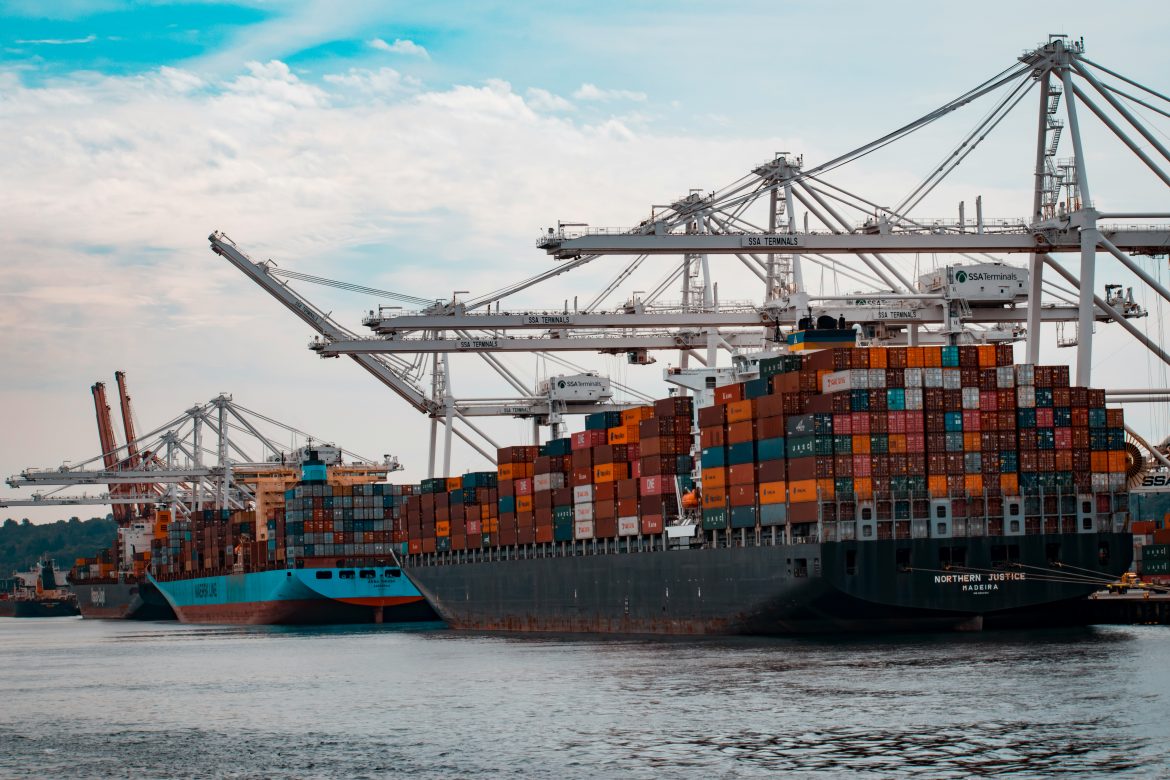According to the recent statement released by the US Trade Representative’s office, all China Section 301 tariff exclusions have been extended in one way or another that lists 352 Chinese items and 77 pandemic-related categories. This extension, in force until June 14, is designed to give the parties certain time for transition with some of the exclusions for the period until May 31, 2025.
The first set was introduced in 2018 and 2019 by the Trump administration under Section 301 of the Trade Act of 1974, to address unfair trade practices by the Chinese. These tariffs were initially imposed in 2018 and 2019 by the Donald Trump administration under Section 301 of the Trade Act of 1974, with the purpose of addressing unfair business practices of their counterparts in China. This step preserves the dutiable list of goods under the following categories: animal feeding machinery, DC electric motors, blood pressure monitors, and select thermostats.
Previously expiring on May 31, the extension provides extra days for adjustment for businesses involved in trading. Certain exclusions are extended until 2025 to afford efforts for sourcing beyond China to be expanded or due to limited options for specific items in other regions.
Though, as it has been stated earlier, not all products will continue to be tariff-free as before because some product categories will be subjected to tariffs once again. Included in these are; garage door openers, switch for motor vehicle, printed circuit board assembly, electrical motorcycles, natural graphite, and points of bags among others.
Continuation of tariffs under Joe Biden presidency means that the United States administration will IRISH persist in current approach of trade relations with China. The president has not only kept prior tariffs but also added new restrictions, such as bans on exporting high-tech microprocessors and technology-related tools for the same reasons.
But in the recent past, Biden presented increased tariffs on several products from China; in this instance, electric vehicles to support domestic industries.
Tariffs that comprise the tool were started by Trump in 2018 and 2019 concerning thousands of Chinese imports that were valued at around $370 billion at that time. These tariffs ensued from a Section 301 probe that alledged China had been stealing intellectual properties of the U. S and forcing U.S companies to transfer vital information.
These tariffs have been alleged by China to be unfair, this is amid increasing tension between the United States of America and China. Apart from trade, controversies include conflict with the issue to Taiwan, spying, pessimism on human rights, and on the source of the virus causing the COVID-19 pandemic.



